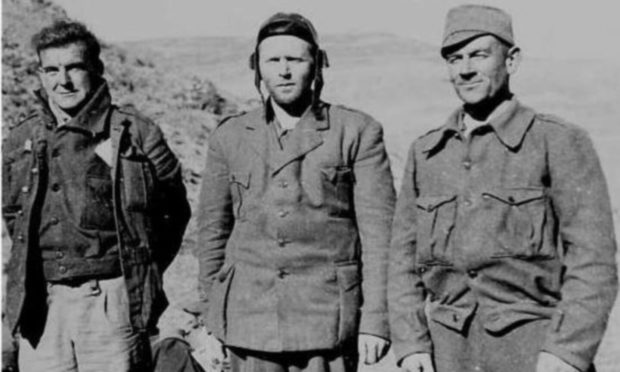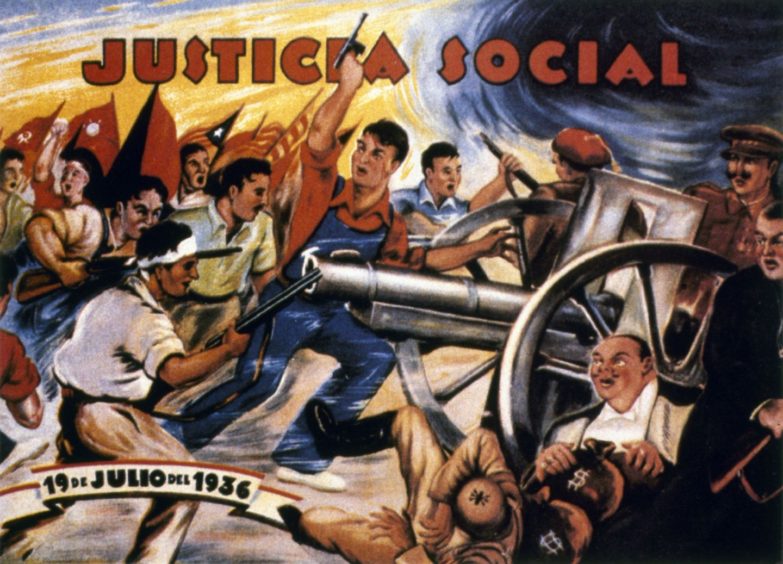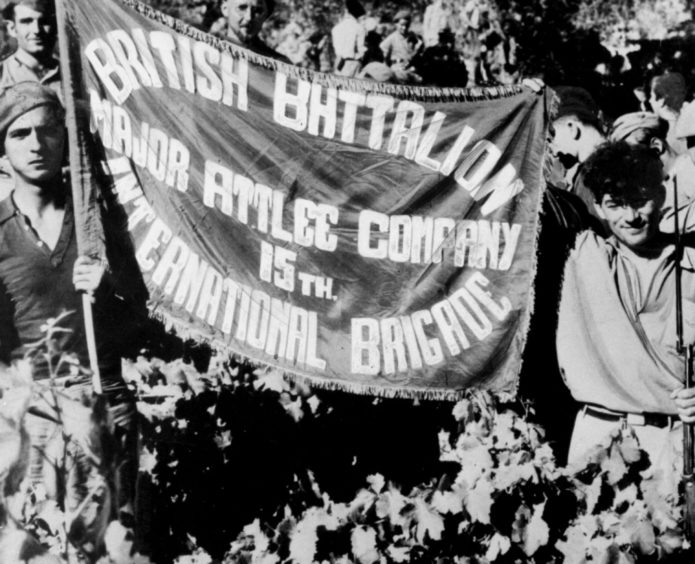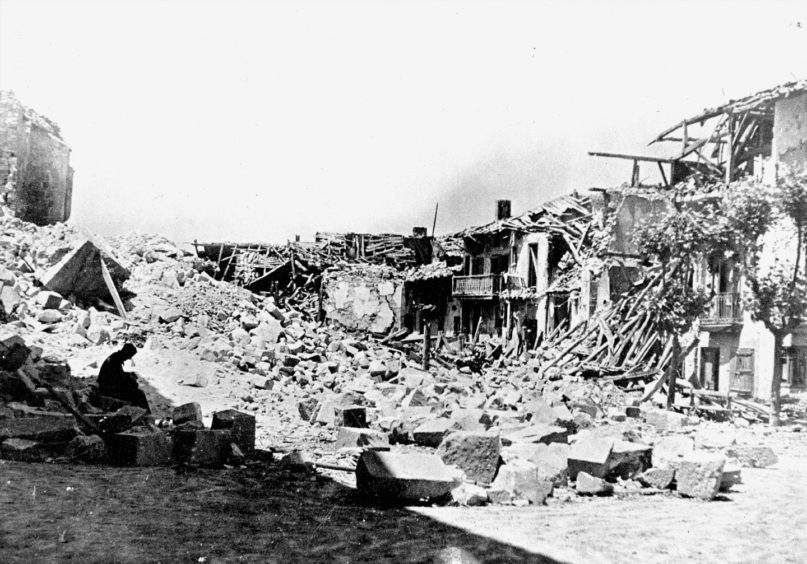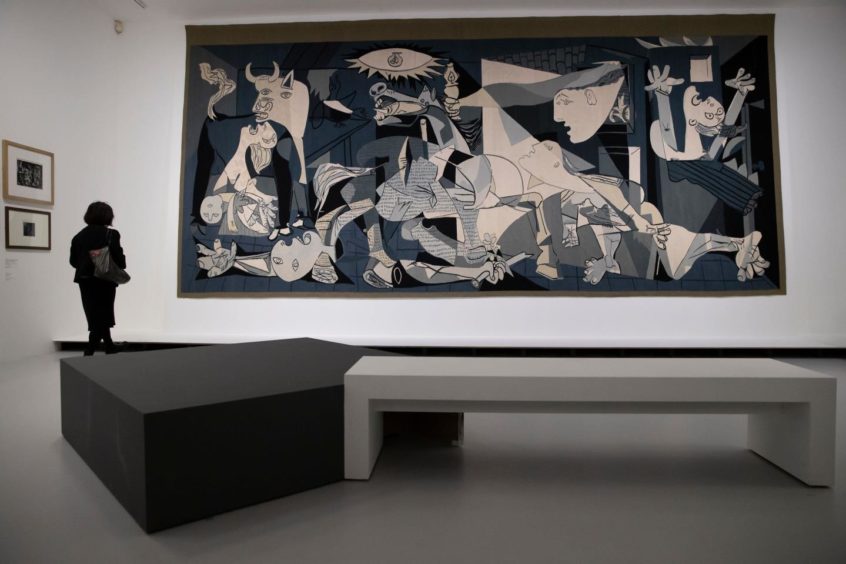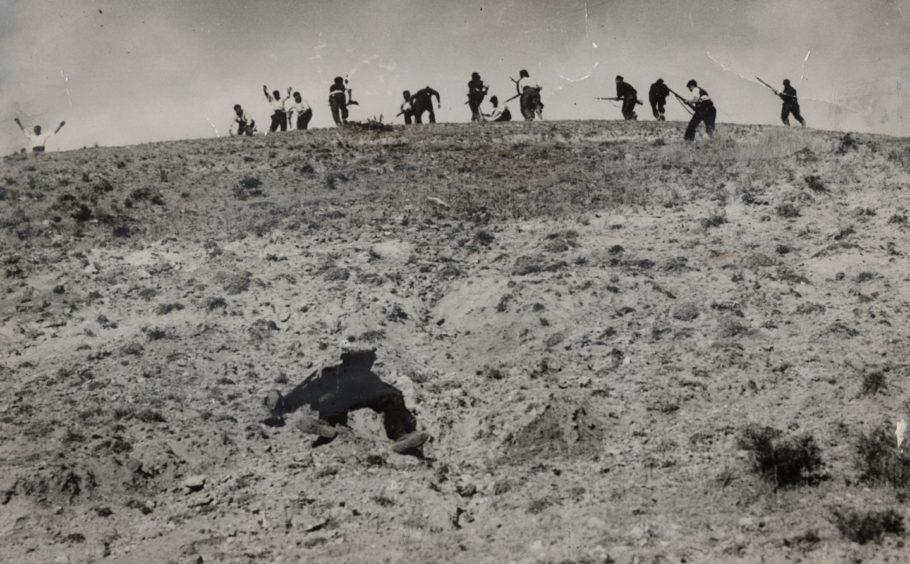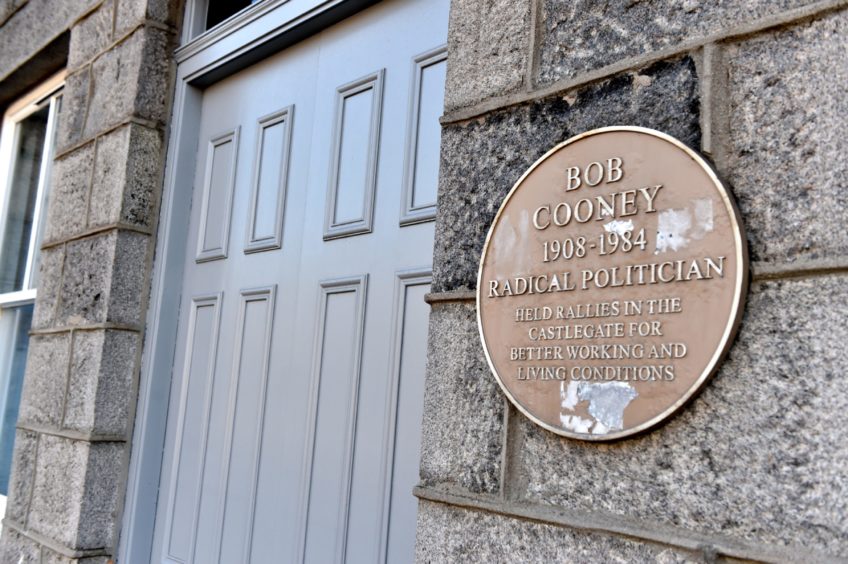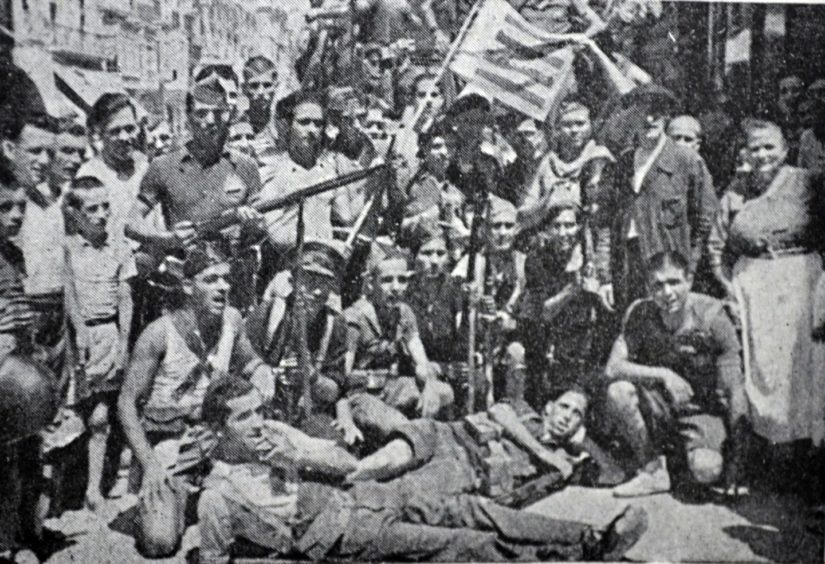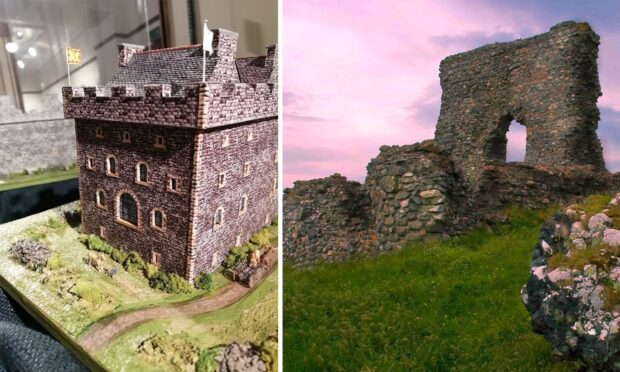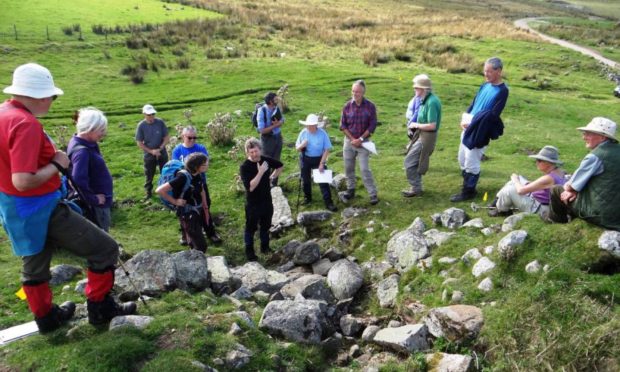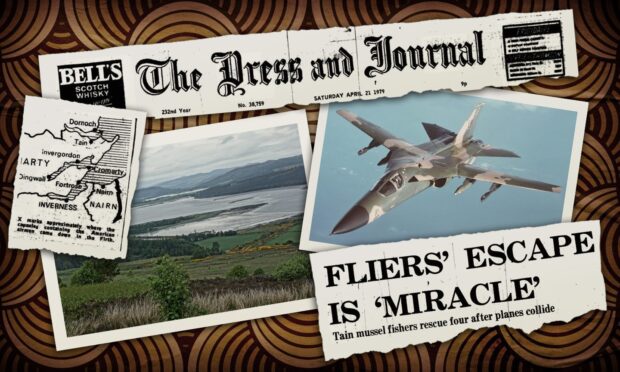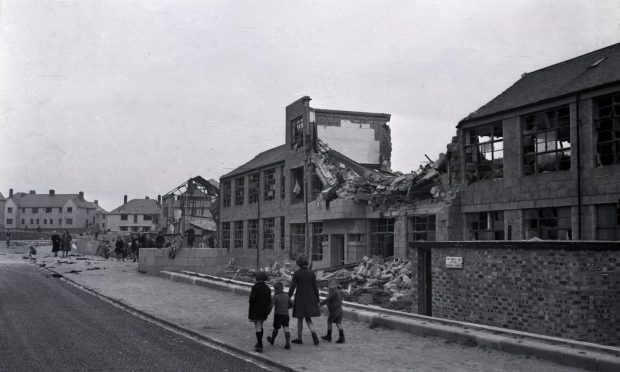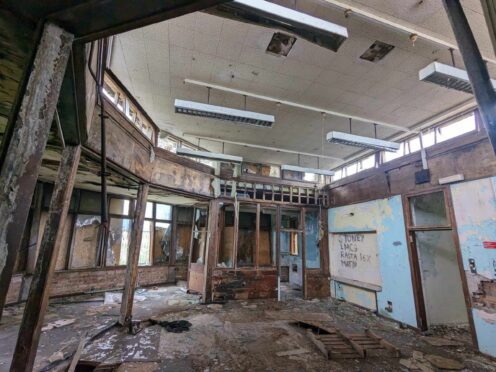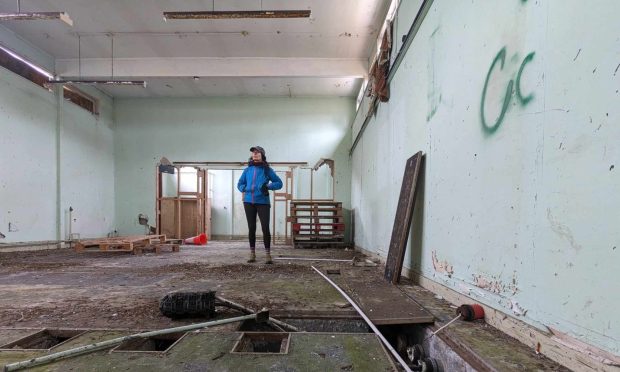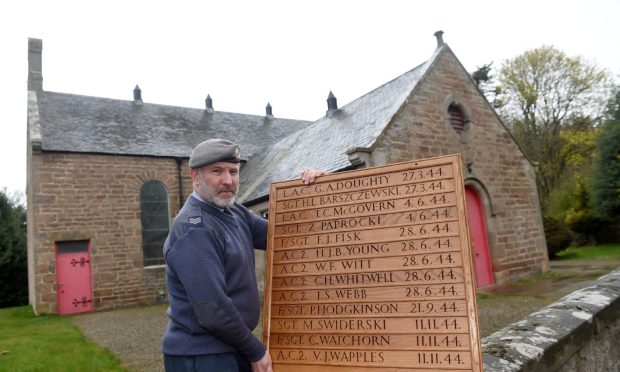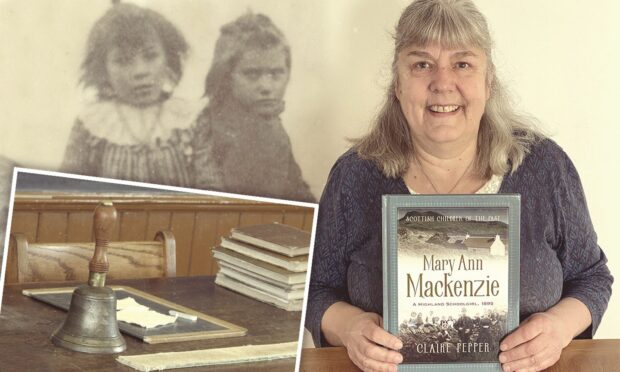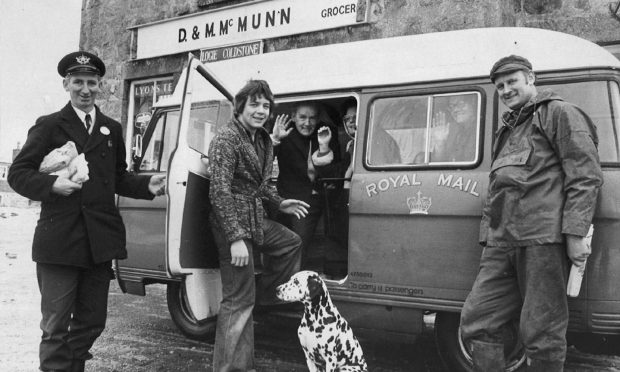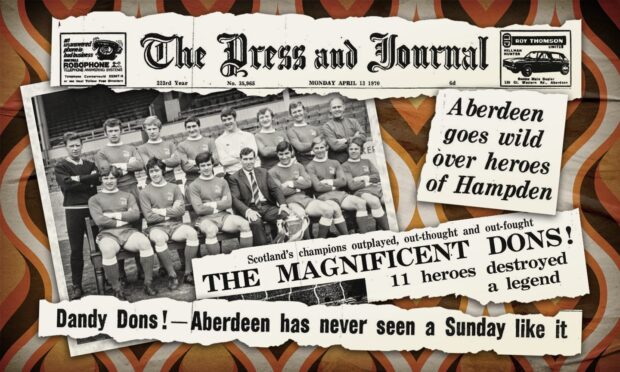Bob Cooney never took a backward step in his life when he thought that fascism had to be tackled head on, whether at home or abroad.
The Aberdonian was one of the region’s most significant figures in the build-up to the Second World War and was part of the International Brigade that fought General Francisco Franco’s forces during the Spanish Civil War.
That conflict erupted 85 years ago this month, on July 17 1936, and was marked by prolonged battles and grievous loss of life between combatants, who included members from both extremes – and none – of left and right-wing politics.
It was a visceral, venomous clash involving republicans, who backed the Popular Front government, and insurrectionist nationalists – an alliance of Falangists, monarchists, conservatives and traditionalists – who were led by a military group among whom General Franco soon achieved a preponderant role.
His troops eventually won the day, in 1939, but their success was overshadowed by the spread of Nazism across Europe and the looming spectre of another global war.
The redoubtable Cooney was involved in left-wing politics from an early age and was quick to recognise the threat posed by the British Union of Fascists, who organised a series of rallies and meetings throughout the UK as the 1930s advanced.
The BUF, led by Oswald Mosley and bolstered by Alexander Raven Thomson, were briefly supported by sections of British society, and even gained the backing of the Daily Mail, which ran the headline Hurrah for the Blackshirts in 1934.
But there was nothing warm about the welcome they received when they arrived in Aberdeen in July 1937, even as the tide started to turn against them.
Cooney, who was born in Sunderland in 1908 but grew up in the Granite City with his family before spending more than a year in the Soviet Union, was determined that no platform should be given to fascists and was prepared to go to prison for his principles.
The working-class philosophy to which Cooney was devoted was manifest in an interview he did with historian and writer Jim Hunter in the Press and Journal in 1976.
When he travelled to Spain in 1937, he departed, quite literally from a spell in Aberdeen’s Craiginches Prison, where he had spent four days behind bars as a result of his involvement in a street battle with the BUF.
He had no regrets about resorting to civil disorder to achieve his aim – and Raven Thomson was silenced on that visit to the north east – so it was hardly surprising he proved a steely organiser and committed fighter during his months in Spain.
He recalled of his service: “It was the thing which justified my existence on earth when we captured fascist supplies.”
There was nothing glamorous about the conflict some regarded as a dress rehearsal for the Second World War.
More than 500 Scots journeyed to join the Republican cause from every corner of the country, but some never came back.
For much of the time, they had to adapt to a daily ration of half a bowl of soup and a piece of boiled mule, and experienced extremes of scorching heat and freezing cold.
As Hunter wrote: “Since the Cold War, the term ‘commissar’ has had a totalitarian ring to it. But, according to Bob Cooney, there was nothing at all authoritarian about his job.
“His task was simply to keep discipline in an army which practised what it said it was fighting for: an army where free discussion and debate went hand in hand with warfare. And it was a justification dearly bought.
“Just like the rest of the Republican forces, the XVth International Brigade in which Bob Cooney eventually became a political commissar was short of weapons, and shorter still of food.”
Other veterans of the hostilities spoke of how he did his job well by constantly reminding them what the war was about and why they were in Spain in the first place.
Not that they were unaware of the perils and privations to which they had all signed up. This was a campaign where whole communities, such as Guernica in the Basque country, were obliterated from the air in blitzkrieg bombing campaigns that would later be replicated by the Luftwaffe.
It was a time of atrocities, reprisals and internecine conflict between different factions of the international movement, many of whom had no prior military background.
But, as Hunter wrote: “It was also a time, as Cooney remembered, when men from many countries fought together in a common cause and when, in the midst of all the suffering and deprivation, ordinary Spaniards managed to retain their characteristic sense of humour, despite finding themselves in protracted adversity.”
Cooney eventually returned to Scotland in 1938, but that was not the end of his endeavours to take the fight to the enemy in the heat of battle.
On the contrary, he was every bit as committed to helping the Allies defeat Hitler as he had been throughout his involvement in the Spanish campaign.
This led to one memorable exchange between him and the army top brass who queried whether his Communist sympathies might prejudice his Royal Army service.
The Scot was having none of it.
As Hunter told me: “Bob was a remarkable character. The quote that has long stuck in my head concerns his call-up to the Army, where he served in the Royal Artillery during the Allied advance into Germany.
“On his second day in the Army, Bob told me that he was interrogated by officers who suspected that his Communist affiliations and International Brigade involvements might make him unreliable.
“Bob told them: ‘I was fighting fascists when Neville Chamberlain was having tea with Hitler’. I just love that about the man.”
During the later years of his life, he became increasingly involved in folk music and made a new name for himself as a charismatic performer with a wealth of anecdotes.
He endured privations in the late 1940s and 1950s when his political beliefs led to him effectively being blacklisted by many employers, and especially as the Iron Curtain descended over Europe. But he never wavered from his convictions.
He died in 1984 but his name still endures in his home city in the form of Bob Cooney Court, a Housing Association development.
There is also a plaque on the house where he once lived, which was unveiled in 2015, and describes him as a “radical politician (who) held rallies in the Castlegate for better working and living conditions.”
